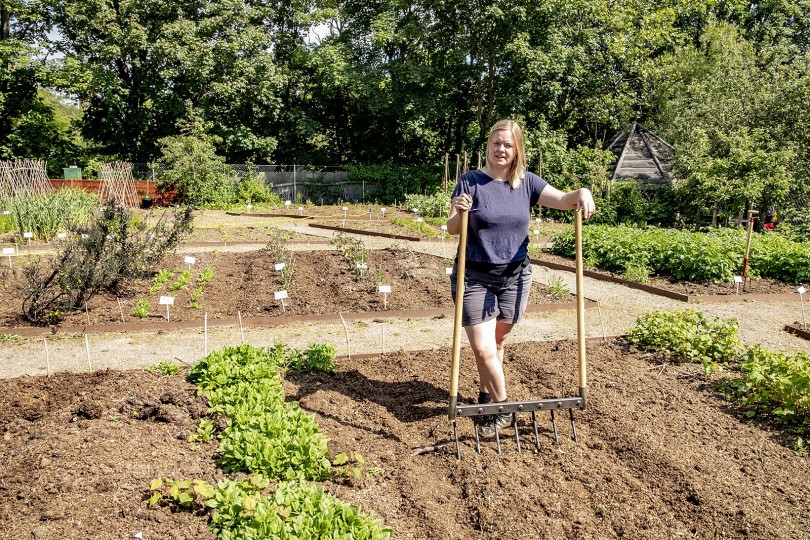
Introduction
Abstract
Copenhagen Hospitality College in Denmark offers vocational education and professional training to chefs, kitchen staffs and waiters. More than 850 students are enrolled at the facility and, every year more than 6,000 professionals receive vocational training here. The modernized vocational education provides the students with extensive and hands-on competences within food quality and origin, sustainable production, and cooking skills central to implement sustainability aspects in practice.
Author / Member
Member name: IFAU Institute for Food Studies and Agroindustrial Development (IFAU Instituttet for Fødevarestudier & Agroindustriel Udvikling ApS)
Type of actor: Research and consulting
Country:
Denmark
Website: http://www.ifau.dk/
Contact: Karen Hamann
Email: karen@ifau.dk
Best practice details
Topics
Original Situation
For many years vocational education to become a chef or professional kitchen staff included basic theoretical and practical schooling at the HRS combined with training in a professional entity like a restaurant, canteen or a public kitchen. The students have for long advocated for including “sustainability” in the curriculum to achieve a more holistic understanding of how food is produced; what factors sustain quality; and how can less food be wasted.
Implementation
HRS approach to education has changed in 2014 to a more holistic view on food spanning production, cooking, serving and waste reduction, thus a vocational education framing sustainability and food.
Among a long list of initiatives, a new school garden of 1,000 m2 has been established. Here, students can grow and harvest fruit, vegetables and herbs and learn about horticulture, quality and the food chain.
One of the educations offered by the School is for people taking interest in urban gardens, horticulture and cooking of plant-based food. For these students, the School offers training in organizing and planning an urban garden, training in sustainable garden practices such as using compost and intercropping systems, biodiversity and conservation of varieties, and diverse methods for cooking and preserving fruit, vegetables and herbs.
The School has established a fermentation kitchen to encourage the students to experiment and learn about the benefits of fermenting food products as fermentation can extend shelf-life and provide interesting flavours to the food.
What was outstanding?
This Best Practice shows how an established vocational education can include sustainability in the curriculum by applying a field-to-fork approach of theoretical and practical learning.
Further innovations to learn even more about sustainability are extending the options for practical training to include farms with horticultural production and organic farms, slaughterhouses or by fishermen. This idea reconnects the production of ingredients to the cooking of a meal.
Catering Service Type: All
Started/Starts at: 2010
Notes / further reading
More information on the Copenhagen Hospitality College and its programms: